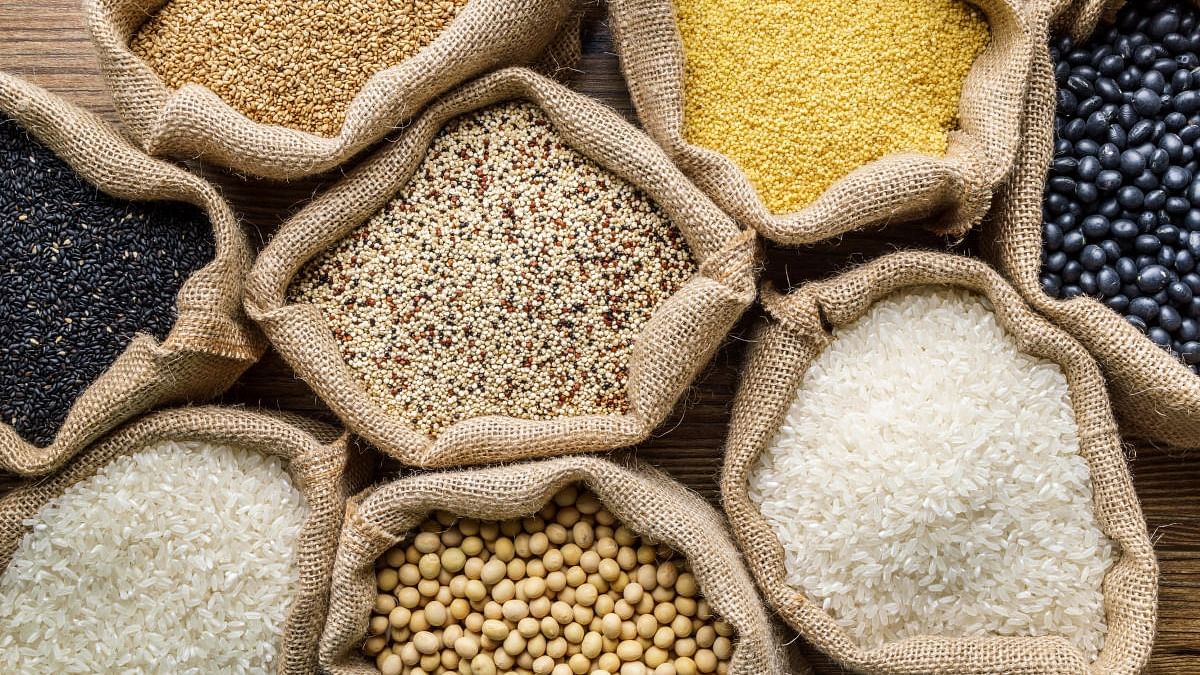
The Karnataka government is under pressure to consider replacing foodgrains with cash benefits to not only plug pilferage but give citizens a say in their consumption basket amid concerns that they are not eating all of what they get under the public distribution system (PDS).
The cash-based food subsidy is being piloted in Puducherry, Chandigarh and Dadra and Nagar Haveli.
Authorities have discussed the possibility of trying this out in Karnataka. “No decision has been taken as this has various ramifications that need to be studied,” Additional Chief Secretary (Food, Civil Supplies & Consumer Affairs) Kapil Mohan told DH.
According to sources, district-level officials have been mounting pressure on the government to give beneficiaries cash instead of foodgrains. Their argument is that this would prevent pilferage of foodgrains. Also, they find that the beneficiaries do not consume the entirety of their entitlement.
Since April this fiscal, authorities have seized 20,000 quintals of foodgrains that got diverted out of the PDS. Last year, nearly 8 lakh quintals of foodgrains were confiscated.
“We’re getting excess rice,” a senior official said.
“Under the Pradhan Mantri Garib Kalyan Yojana (PMGKY), the entitlement is 5 kg rice per member of a poor household. Under the National Food Security Act, another 5 kg per member is given. That’s 10 kg per member free. People don’t eat so much. They end up selling the excess foodgrains,” the official explained.
Karnataka has 1.51 crore ration cards covering 5.18 crore beneficiaries. Of them, 1.16 crore are priority households with 3.88 crore members.
Under the Food Security Act, Karnataka is allocated 2.17 lakh metric tonnes of rice every month for which the government pays Rs 3 per kg. Another 2 lakh metric tonnes is allocated under PMGKY. Beyond this, the government pays Rs 23-24 per kg for additional rice in the open market. Last fiscal, the government spent Rs 3,951 crore on free ration.
Authorities have discussed several options on cash replacing foodgrains: allowing beneficiaries to take cash once a year, cap the number of people who can take cash or try a pilot in a particular area or district.
“The risk with this is exposing the consumer to price fluctuations in the market. Also, this will put our BPL database under question: if beneficiaries choose cash over food, why do they need a ration card in the first place?” an official said.
Meanwhile, the government is taking measures to plug leaks. “We have formed taluk-level committees. Also, it has been decided that mills should be checked to see if they are in possession of PDS rice,” Food & Civil Supplies Commissioner M Kanagavalli told DH.
Kanagavalli said Karnataka has not seen starvation deaths. “We have achieved 95-96% PDS distribution,” she added.
